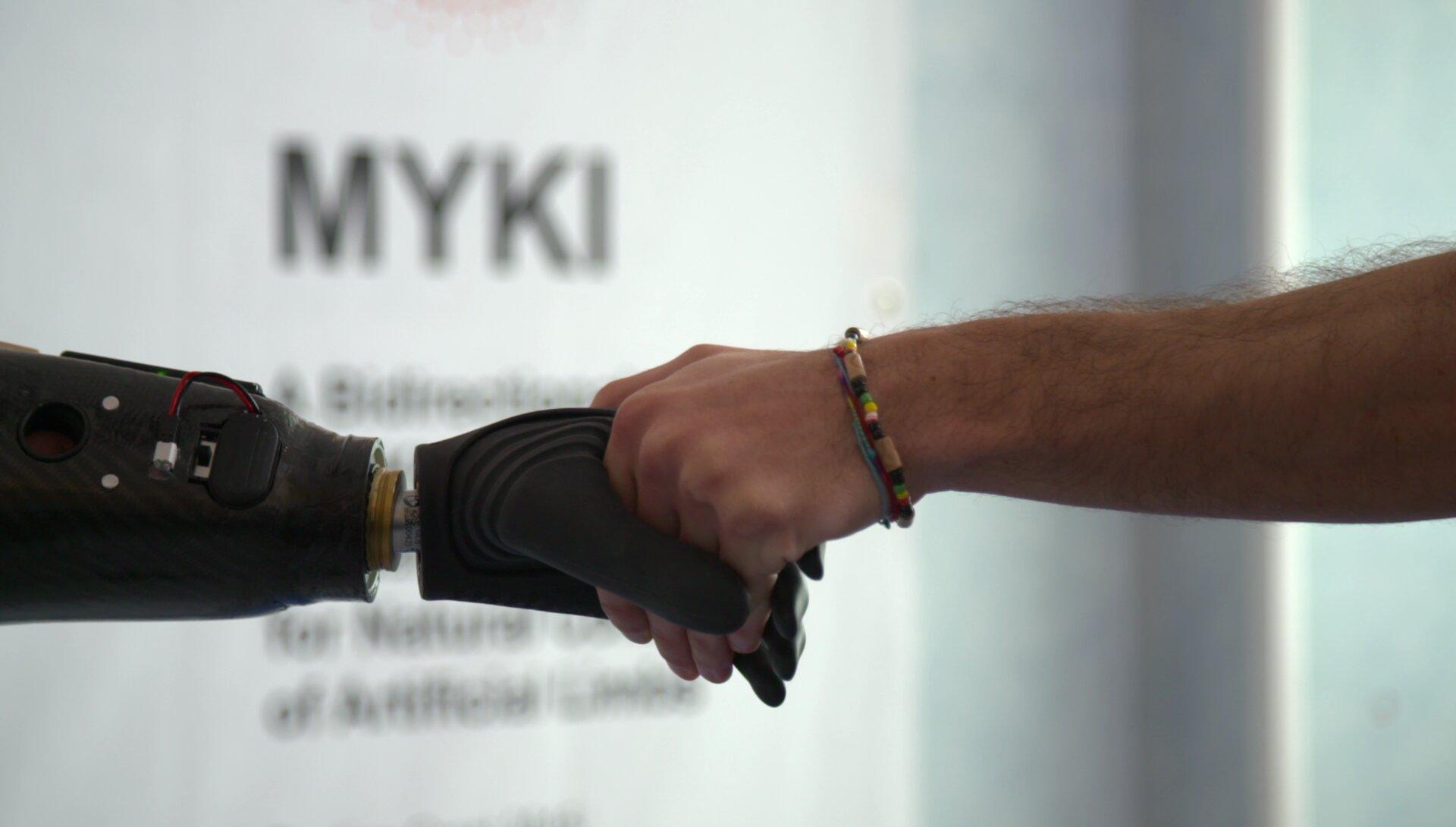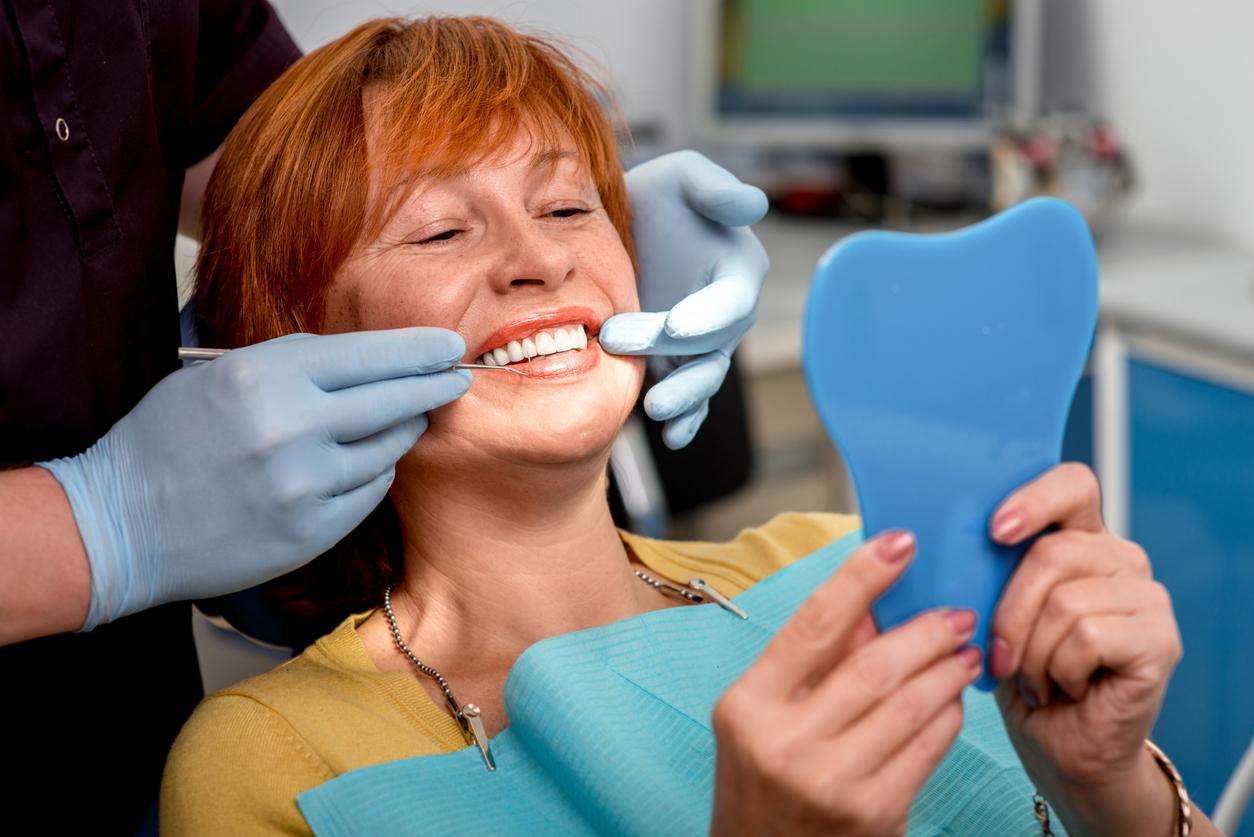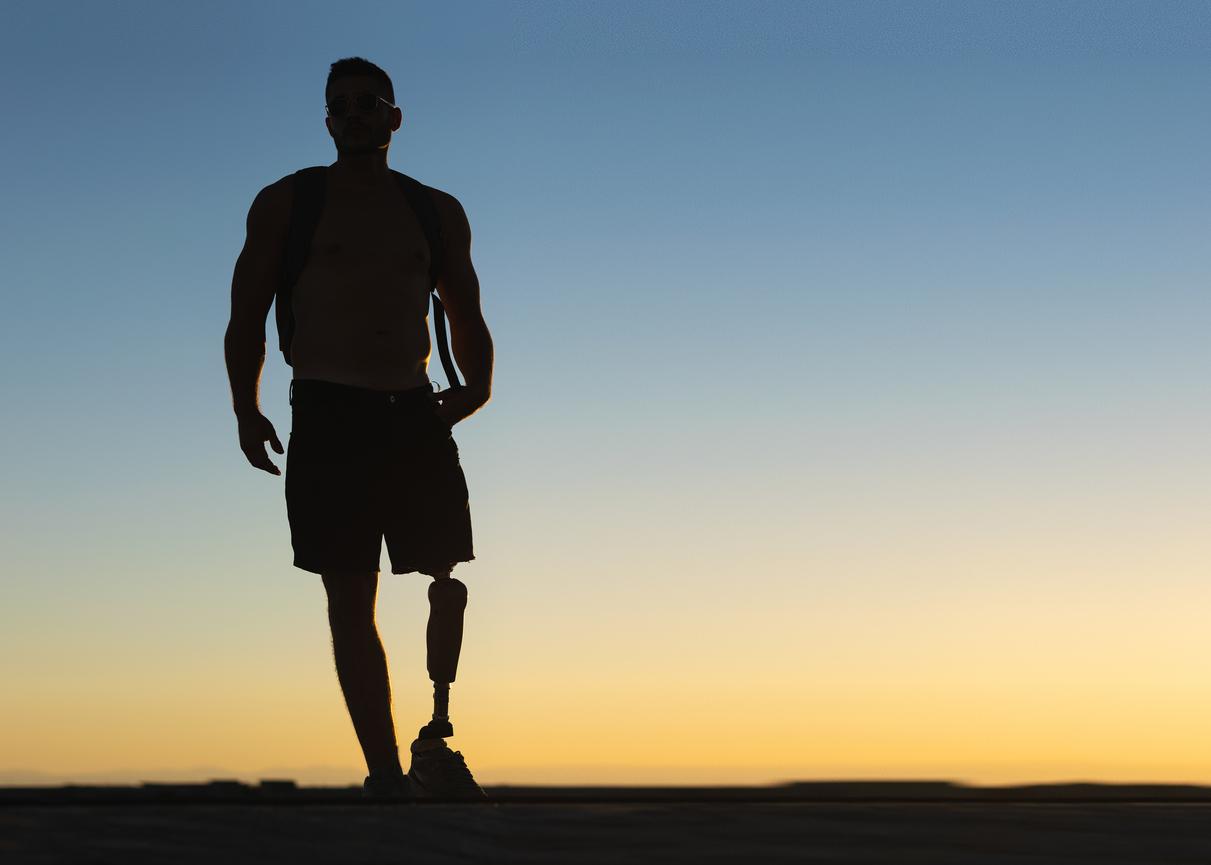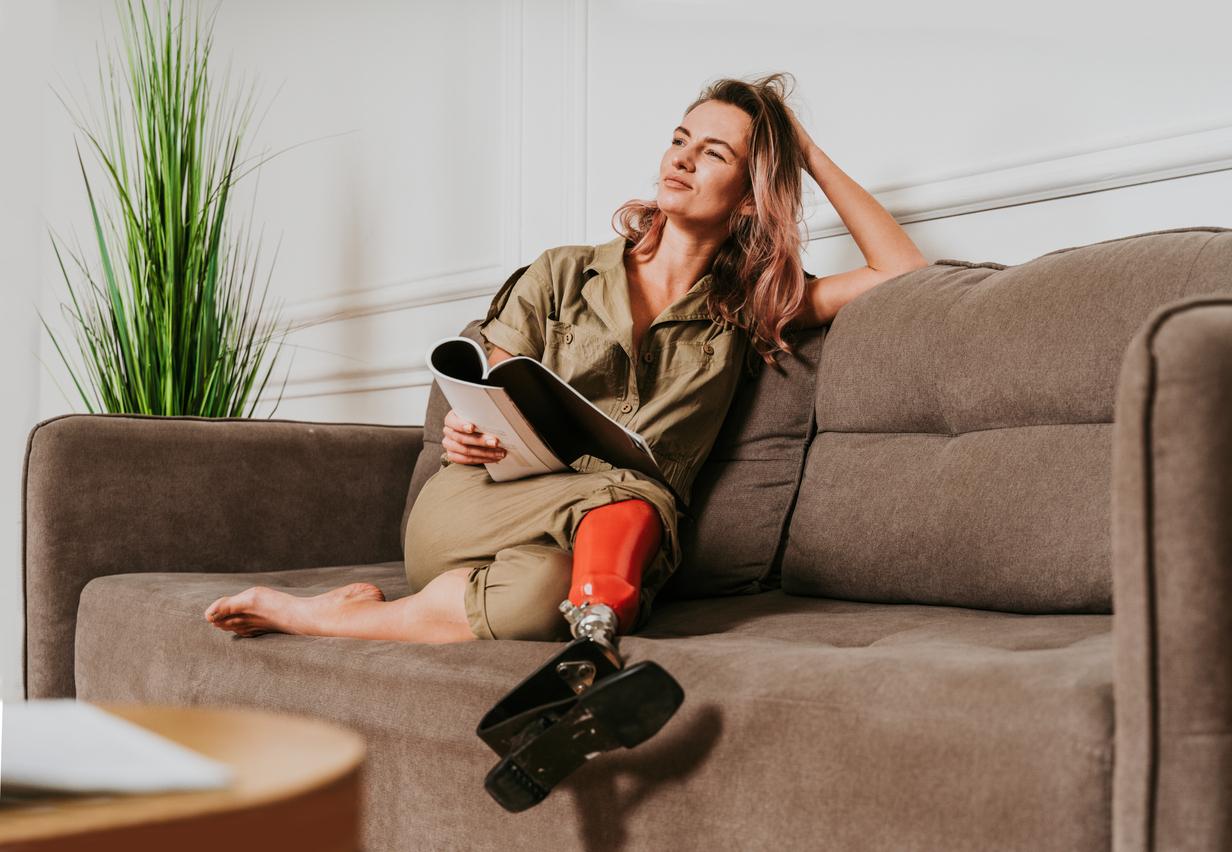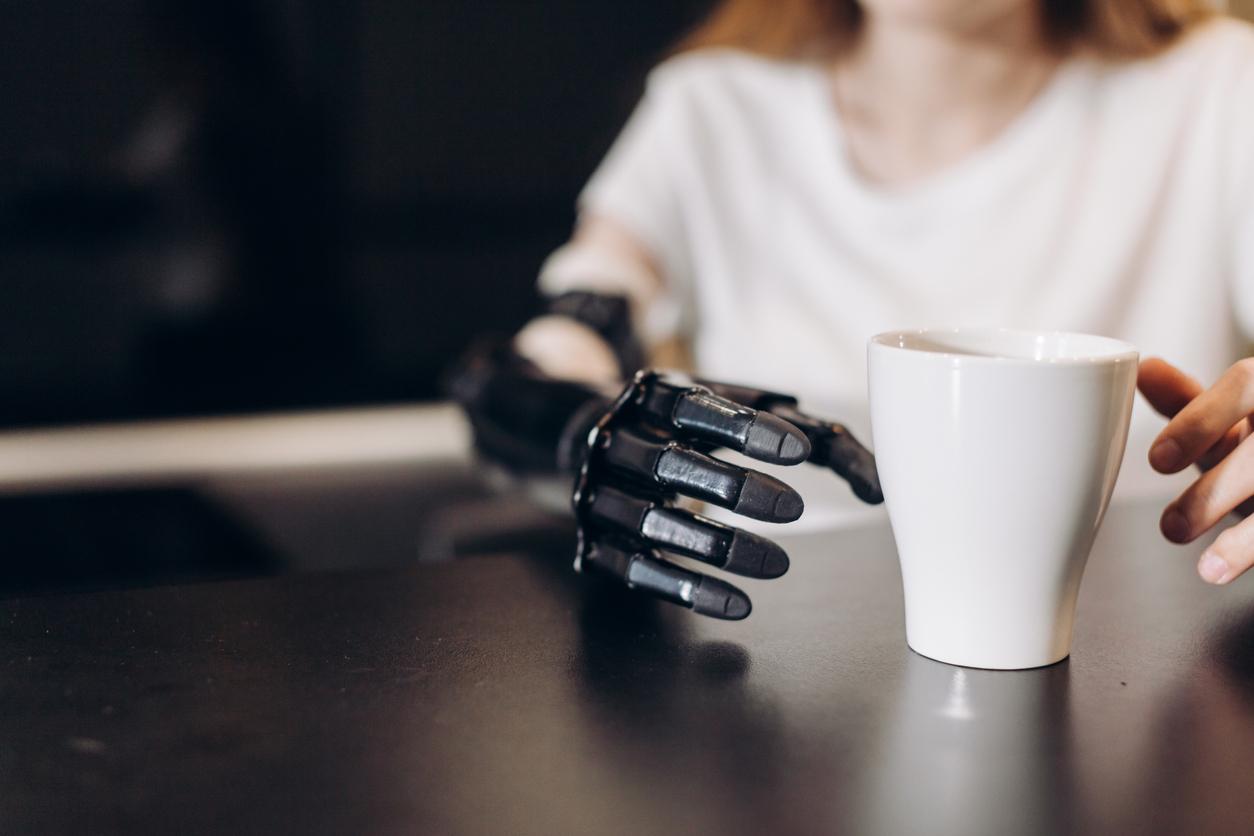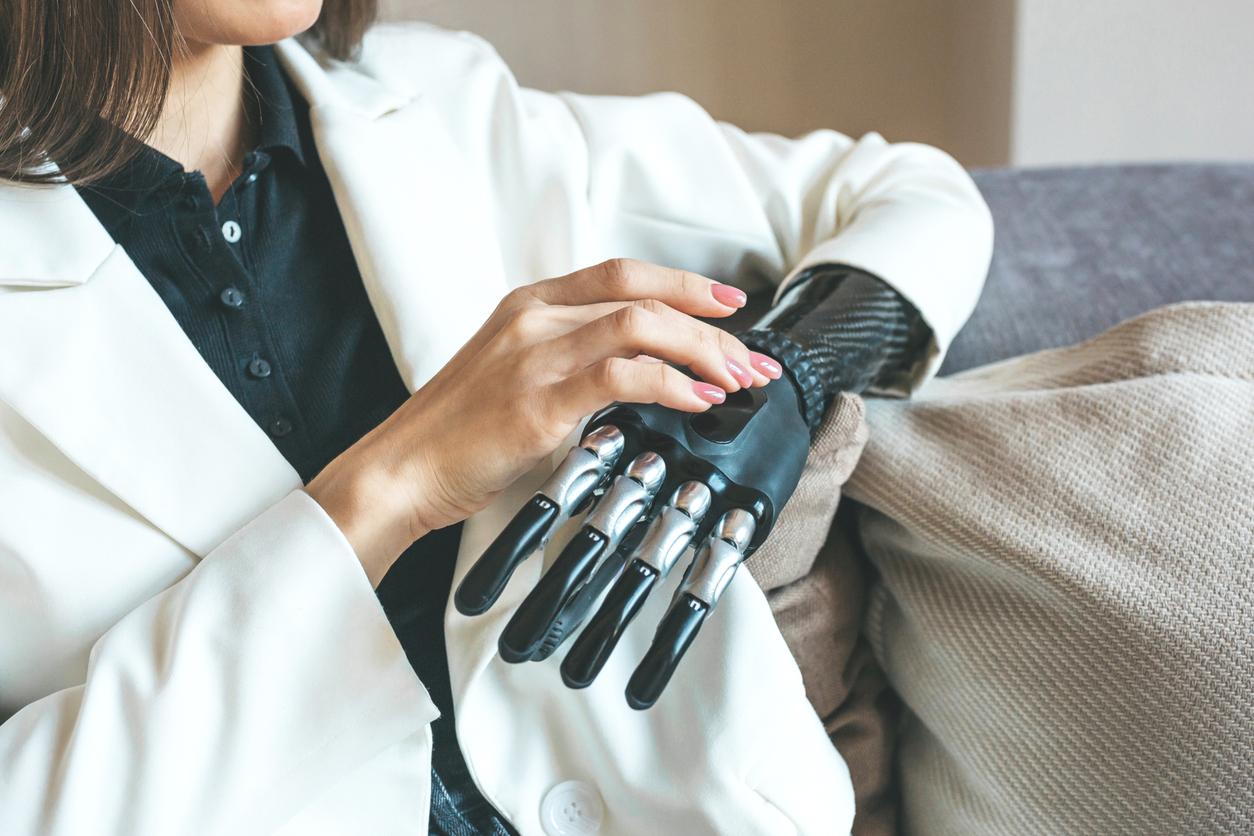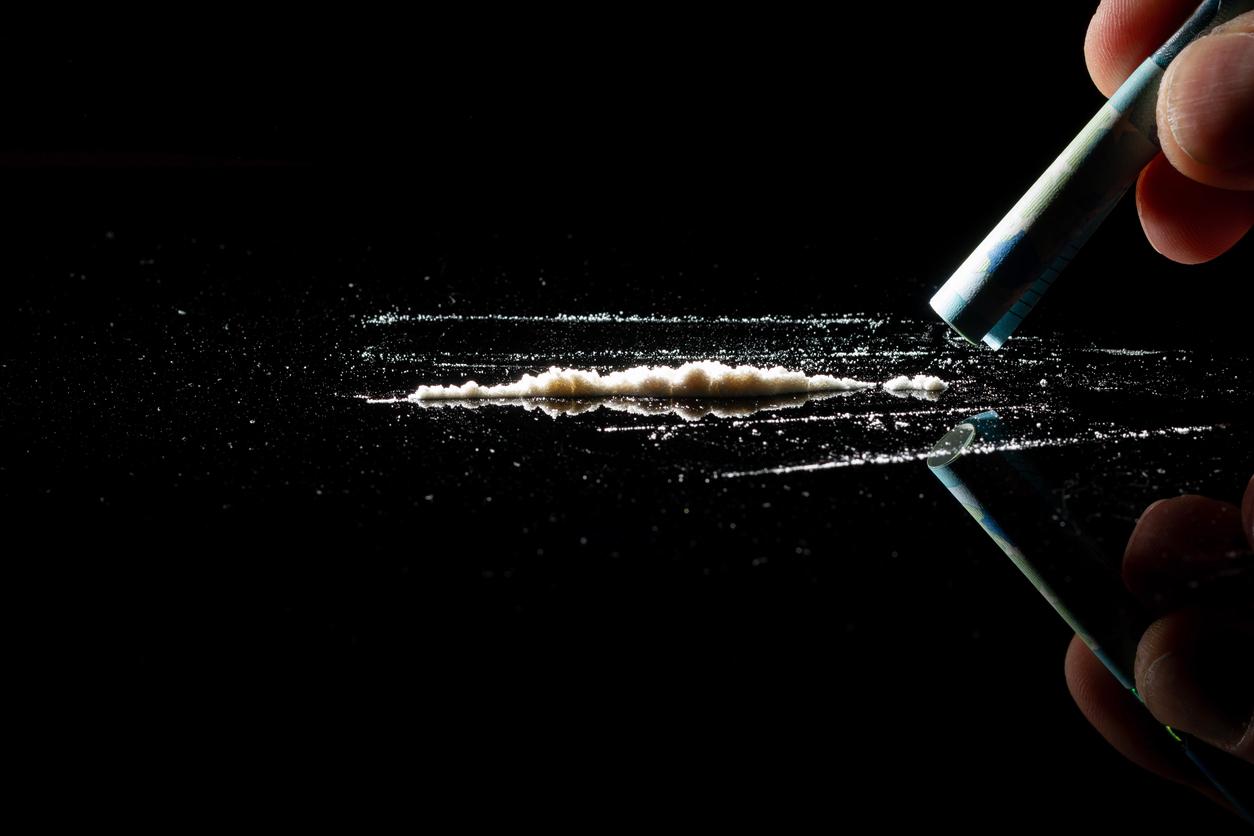With only plastic and orthodontic rubber bands, the digital lab has succeeded in making an articulated prosthesis for children.

A custom-made hand prosthesis for less than 50 euros? It’s possible. Thanks to the construction kit available in free access on the internet, the fablab Saint-Brieuc Factory (Côtes-d’Armor) has developed an articulated prosthesis for Lola, 5 years old.
The community laboratory embarked on the project at the end of 2016 after meeting members of the Humanlab in Rennes, a fablab specializing in health. This digital laboratory is notably known for having participated in the project of Nicolas Huchet, a thirty-something amputee who made his own bionic hand. With the help of 3D printers and a great resourcefulness, he showed that it was possible to design prostheses at low cost.
An initiative that can be replicated everywhere else. Contacted by the mother of little Lola, born without a right hand, Thierry Trupot, member of the Saint-Brieuc fablab, embarked on the adventure 4 months ago. “It was a community willingness to take an interest in this stuff. I felt a certain pressure: I was afraid to disappoint Lola ”, he confided to South West.
Plastic and rubber bands
With plastic filaments melted in the 3D printer, he makes the parts of the articulated hand one by one. A step that takes at least 20 hours. They are then assembled with small orthodontic elastics.
The prototype has been successfully tested by Lola. The little Morbihannaise quickly understood how to open and close her hand by turning her elbow. Delighted, she has already ordered the model of her new hand: pink with heart on top.
A prosthesis that evolves
The association is also preparing a prosthesis for a boy from Dinan. Thanks to data provided by an American association, Enable the future, the French fablab can build prostheses for children from 5 to 12 years old. “From photos, we take measurements to adapt the dimensions of the prosthesis models to each person’s forearms. “
Only downside: the prostheses will have to evolve with the children. They will have to be readjusted every 6 months because of their growth. But given the inexpensive manufacturing costs (50 euros of raw material), replacing prostheses regularly is not a constraint. These will also be free for families.
.









